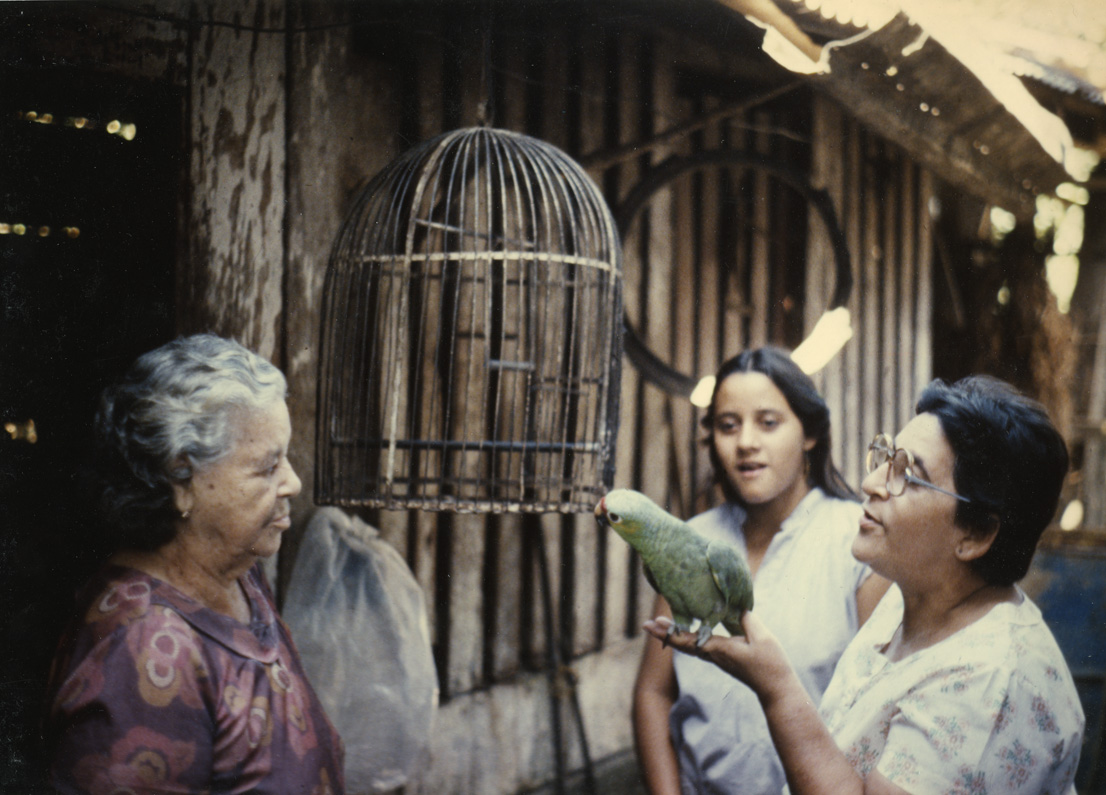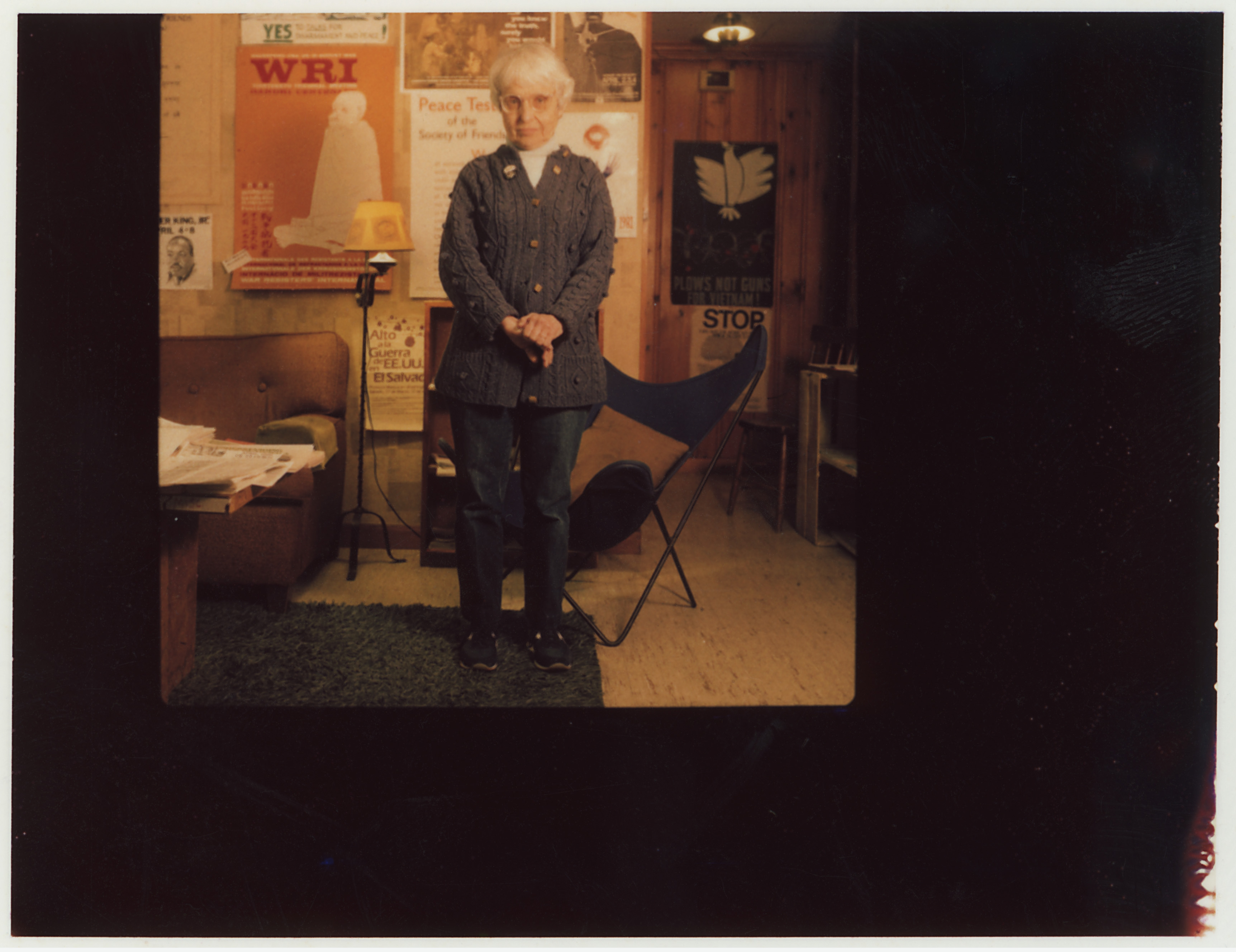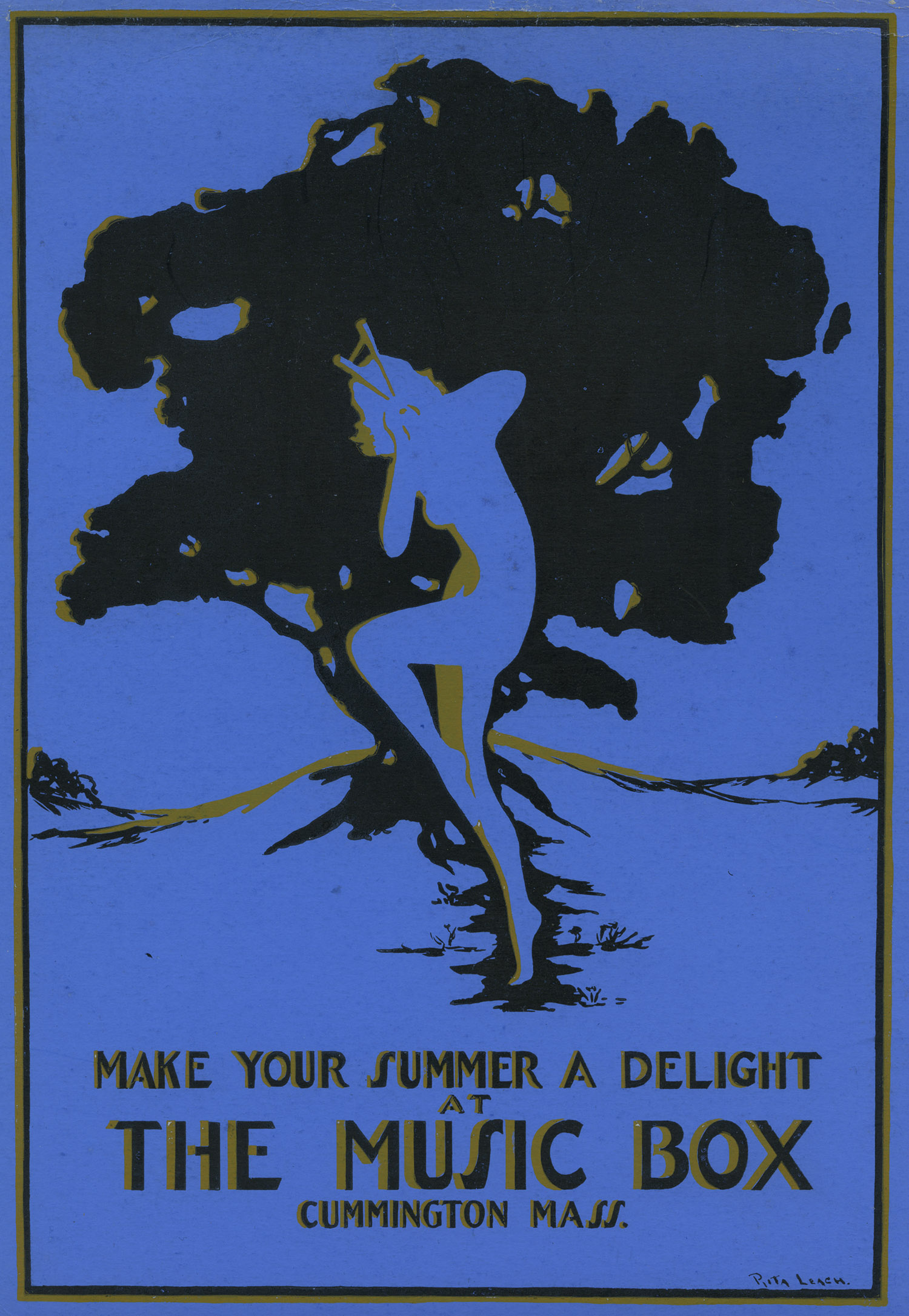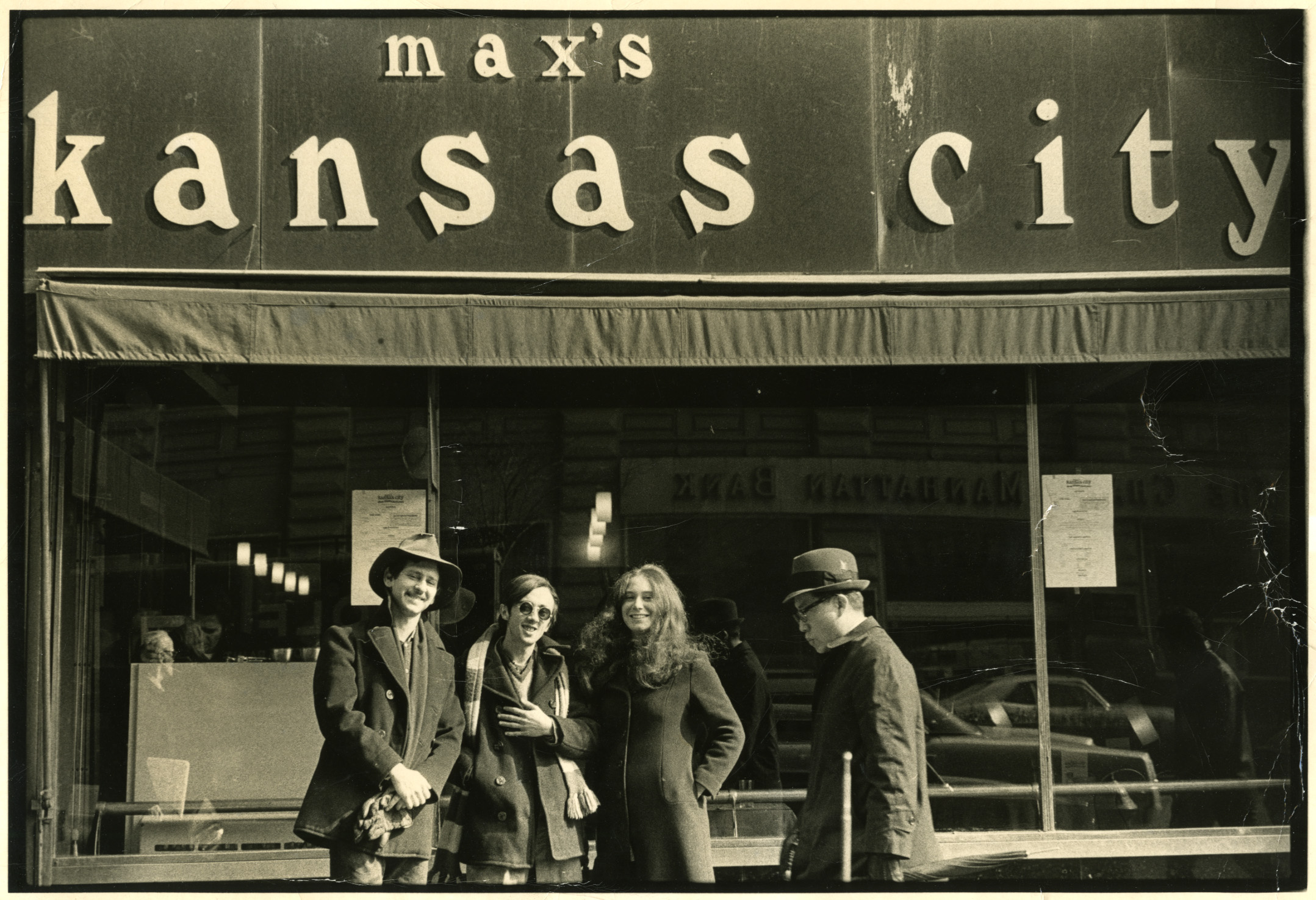Connecticut Valley Quarterly Meeting (Society of Friends) Records
Connecticut Valley Quarterly Meeting is one of eight quarterlies currently comprising the New England Yearly Meeting of the Society of Friends. In 1935, the Connecticut Valley Association of Friends was formed as “a temporary organization to promote fellowship among… meetings in and adjacent to the Connecticut Valley, but which was otherwise unaffiliated.” At the time of the general unification of Wilburite and Gurneyite meetings in New England in 1944, this Association was accepted into New England Yearly Meeting as a quarterly.
The record of Connecticut Valley Quarterly Meeting are an important resource for documenting the post-World War II growth of the Society of Friends in western Massachusetts and Connecticut. The bulk of the collection consists of minutes of the Quarterly from its formative year to the present, however the minutes often extend beyond simply the recorded transactions of the meeting. In many cases, the minutes include quite an array of supporting material, correspondence, calendars, state of the society reports from constituent monthlies, ministry and counsel reports, minutes of concern on social issues, planning documents, and budgetary information.






